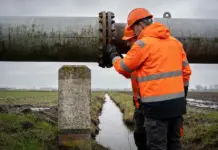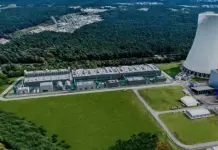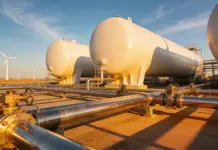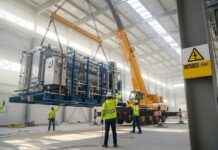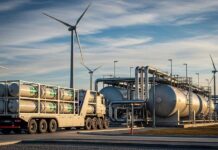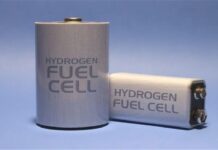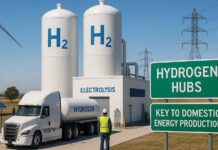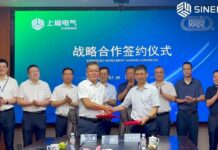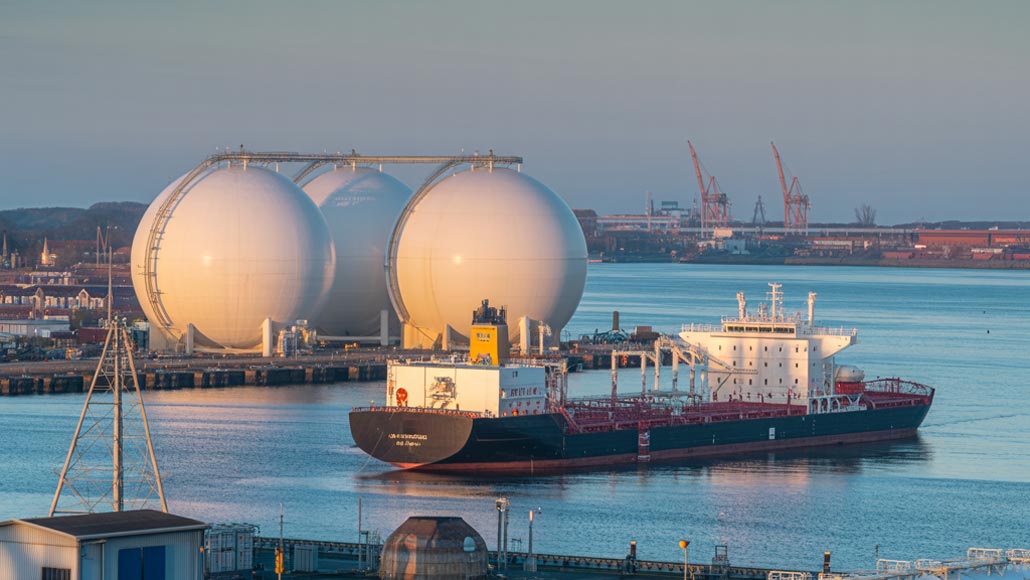Rostock Port of Germany and the Port of Pecém of Brazil have inked a memorandum of understanding (MoU) in order to jointly develop a transport corridor by way of which green energy along with green products from Brazil can get imported to Germany as well as Eastern Europe.
Moreover, the cooperation is intended so as to support investments within the Pecém Industrial and Port Complex (CIPP).
It is well to be noted that the agreement between Rostock Port and CIPP happens to have an initial term of two years and goes on to form the basis for intensified cooperation within the areas of logistics and hydrogen as well as investments.
Apparently, Germany and Japan recently collaborated on building a hydrogen corridor as well.
According to Germany’s State Secretary, Jochen Schulte, Pecém happens to be developing into a central hydrogen hub of Brazil. Rostock happens to be one of the future ports in terms of green energy in Germany. Together they can very well make sure that the energy shift does not stop at the borders but gets thought of internationally.
The Managing Director of Rostock Port, Gernot Tesch, said that for them the cooperation with Pecém is indeed a strategic collaboration. This is going to help Rostock to further expand its role as a major energy producer as well as an import port. Simultaneously, they are also gaining access to one of the most exciting locations when it comes to green energy across the world. This, according to him, is an opportunity they want to actively shape.
Interestingly, the Pecém Industrial and Port Complex based in the state of Ceará is regarded as one of the most significant sites when it comes to the future production of Brazil’s green hydrogen. Because of its location as well as the infrastructure, it happens to have the potential to become a logistics as well as an industrial hub based in the northeast of the country. Apparently, there happen to be many projects in terms of green hydrogen and ammonia production which already exist.
In yet another development, the ports of Pecém and Rotterdam, as well as Duisport, went on to sign an MoU in order to expand the green energy corridor by way of connecting Ceará to Rotterdam to Germany. This agreement happens to focus on the transportation in terms of alternative fuels, which includes the likes of green ammonia and e-methanol, along with other derivatives, in order to support the decarbonization and energy security targets of Europe, which are in line with the climate goals of the continent.
It also looks forward to supporting the energy transition in Brazil and also developing Brazilian green energy generation projects and simultaneously bringing economic and social prosperity to the Northeast region of Brazil.
Apparently, in a recent summit that was held in Germany’s Duisburg and Bochum, André Magalhães, the Commercial Director of CIPP, underscored the importance of the partnership between Pecém as well as Rotterdam and Duisport when it comes to building the green energy corridor.
The fact is that the Ceará–Europe green energy corridor is going to be a strategic international trade route, which will link the clean energy production and transportation along with consumption in order to support the shift in energy and at the same time strengthen the sustainable supply chains.

